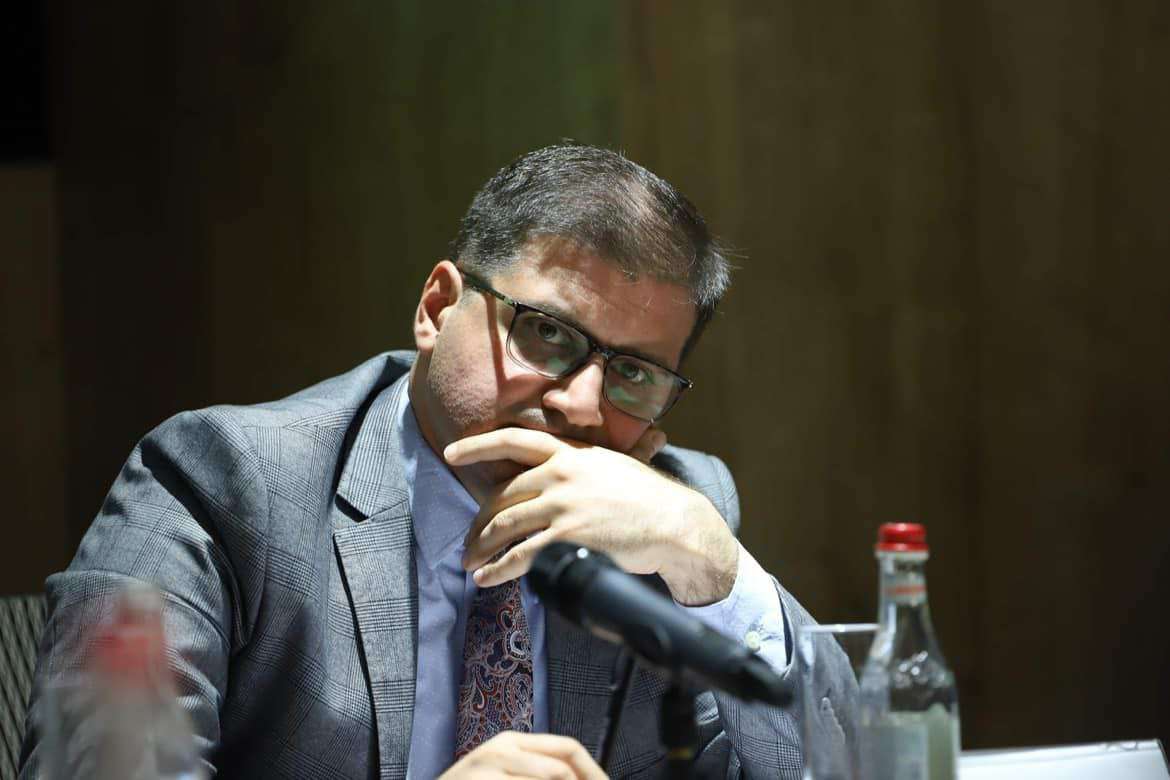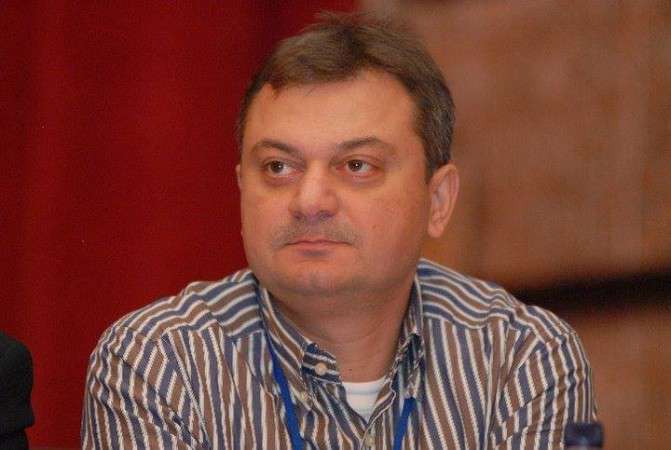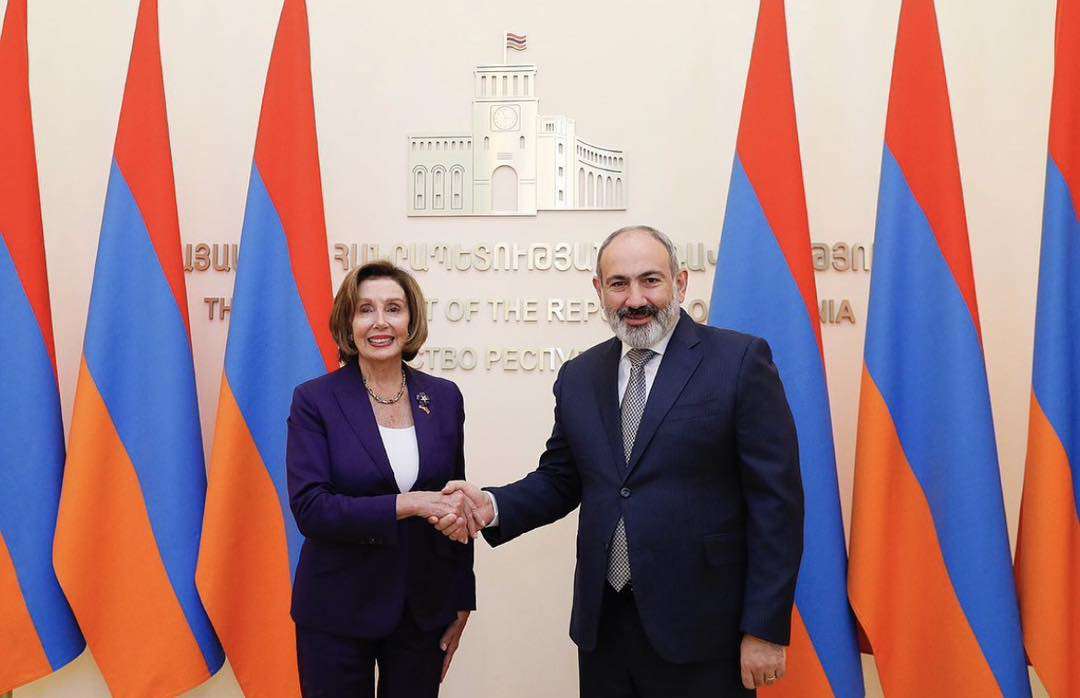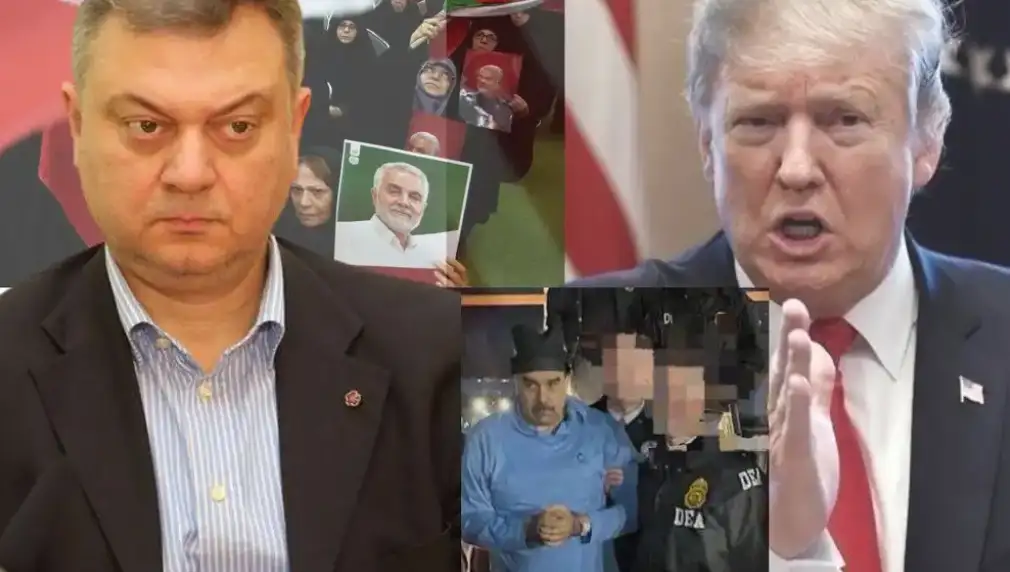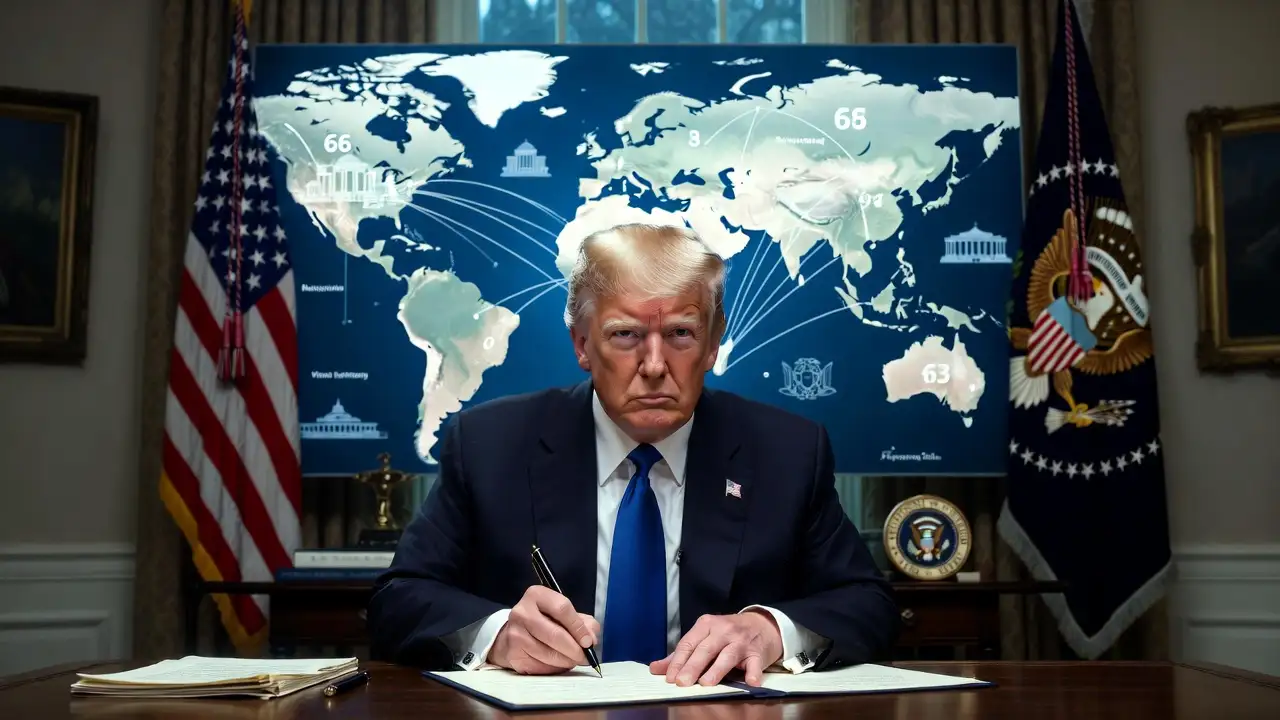Radar Armenia talked with Arman Babajanyan, the leader of the "For the Republic" party, about the current domestic and foreign political issues.
- That part of the Prime Minister's address was even described as against Moscow. Isn't that opinion exaggerated?
- Yes, it is not surprising that the above thought of the Prime Minister's address was perceived as a démarche against Russia in the public domain. To a certain extent, it was also considered a reflection of the deep crisis of the Armenian-Russian relationship. Primarily since the message with such wording was delivered against the background of the well-known protest of the Russian Embassy regarding Russophobia. Moreover, in that complaint, the Russian Embassy expressed its expectation that the Armenian government would also try to prevent manifestations of Russophobia through public statements. Instead, a congratulatory message with famous wording seemed to exacerbate the mood.
In practice, Nikol Pashinyan recorded only what was completely open, starting from February 22, 2022, when the Russian-Azerbaijani alliance declaration was signed in Moscow.
Therefore, the Prime Minister of Armenia spoke only about what was shown publicly. According to that, if we can talk about a démarche towards the Armenian-Russian strategic alliance, then the démarche is the signing of that declaration by the Russian Federation and, at the same time, another démarche. With all that, however, there is another problem in practice, and here the issue is not to remind mutual "demarches." This not only does not solve cases but also accumulates new ones, deepens the old ones, and complicates their consequences. Accordingly, it is necessary to record what organicity exists in the "hierarchy" of the current Armenian-Russian relations, and is there such a "hierarchy" in general, or is the said relationship only at the level of Pashinyan-Putin and Pashinyan-Mishusti, which was a severe problem even during the years of Serzh Sargsyan's tenure, when the relationship was mostly kept at that high level, and difficulties arose below it.
It should be noted that both Russian and Armenian circles consider the current crisis of the Armenian-Russian relationship as an opportunity for their solutions, which practically formed the "architectural" structure of the Armenian-Russian relationship of the previous quarter-century lost that role and position as a result of the Velvet Revolution. They consider the current crisis not only as an opportunity to solve their conjuncture issues, but they, with direct participation, are trying to deepen this crisis. This is where the lack of relational "hierarchy" feels itself when there are no standardized, networked communicative possibilities below the first-person level to counter the bet on "crisis."
Moreover, the problem is that the current political majority here is practically deprived of the potential public support it needs due to objective and subjective circumstances. The problem is serious, but the more serious it is, the farther it is from serious professional severer and close to propaganda conjunctures.




